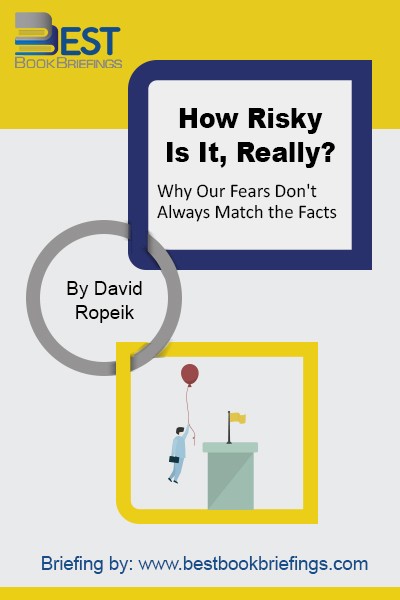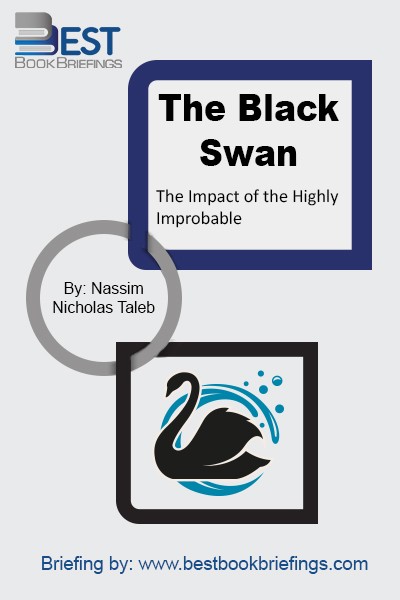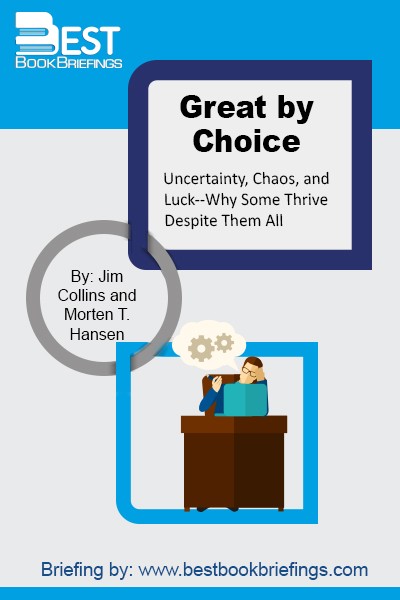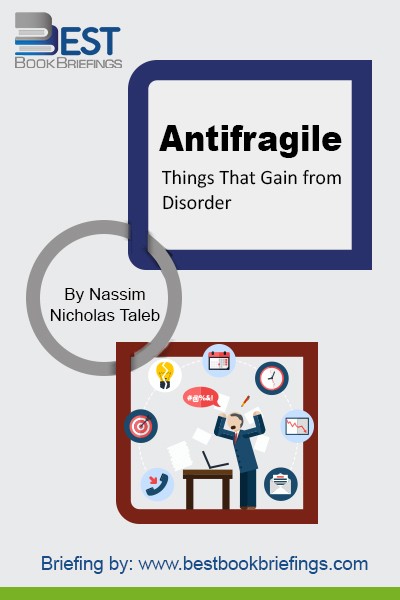Antifragile
Things That Gain from Disorder
Number of pages: 544
Publisher: Random House
BBB Library: Psychology and Strengths
ISBN: 9781400067824
Editorial Review
Wind extinguishes a candle and energizes fire Likewise with randomness, uncertainty, chaos: you want to use them, not hide from them. You want to be the fire and wish for the wind. This summarizes the author’s nonmeek attitude to randomness and uncertainty. We just don’t want to just survive uncertainty, or to make it. We want to survive uncertainty and, in addition-like a certain class of aggressive Roman Stoics-have the last word. The mission is how to domesticate, even dominate, even conquer, the unseen, the opaque and the inexplicable. Some things benefit from shocks; they thrive and grow when exposed to volatility, randomness, disorder and stressors and love adventure, risk, and uncertainty. Yet, in spite of the ubiquity of phenomenon, there is no word for the exact opposite of fragile. Let us call it antifragile.
Book Reviews
Books on Related Topics

You’ve probably seen this phenomenon in your family or friends, or maybe even within yourself, where the fears don’t seem to match the facts. Sometimes we’re more afraid of what the scientific evidence suggests are relatively small risks, but quite often, we aren’t afraid enough of the risks that the evidence

A black swan is a highly improbable event with three principal characteristics: It is unpredictable; it carries a massive impact; and, after the fact, we concoct an explanation that makes it appear less random, and more predictable, than it was. The astonishing success of Google was a black swan; so was 9/11.

The new question: Ten years after the worldwide bestseller Good to Great, Jim Collins returns to ask: Why do some companies thrive in uncertainty, even chaos, and others do not? In Great by Choice, Collins and his colleague, Morten T. Hansen, enumerate the principles for building a truly great enterprise in

The phrase “skin in the game” is one we have often heard but rarely stopped to dissect truly. It is the backbone of risk management, and it’s also an astonishingly rich worldview that, as Taleb shows in this book, applies to all aspects of our lives. In his most provocative and



